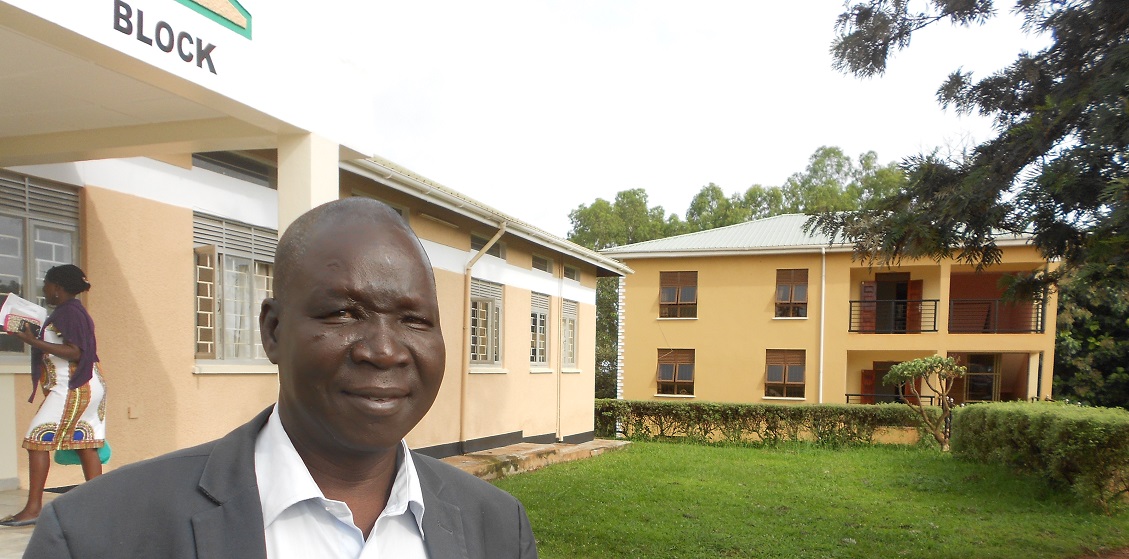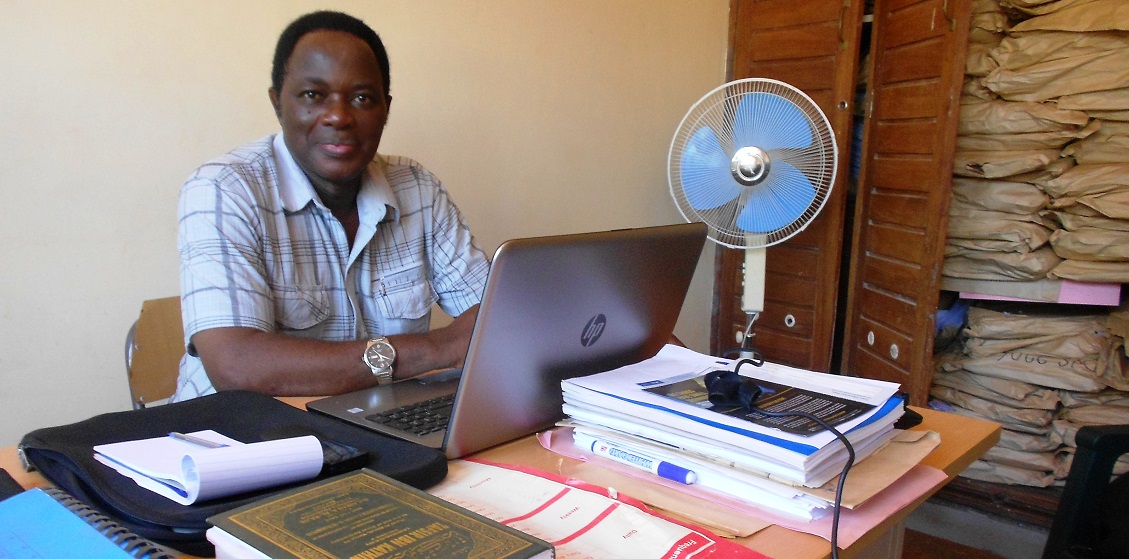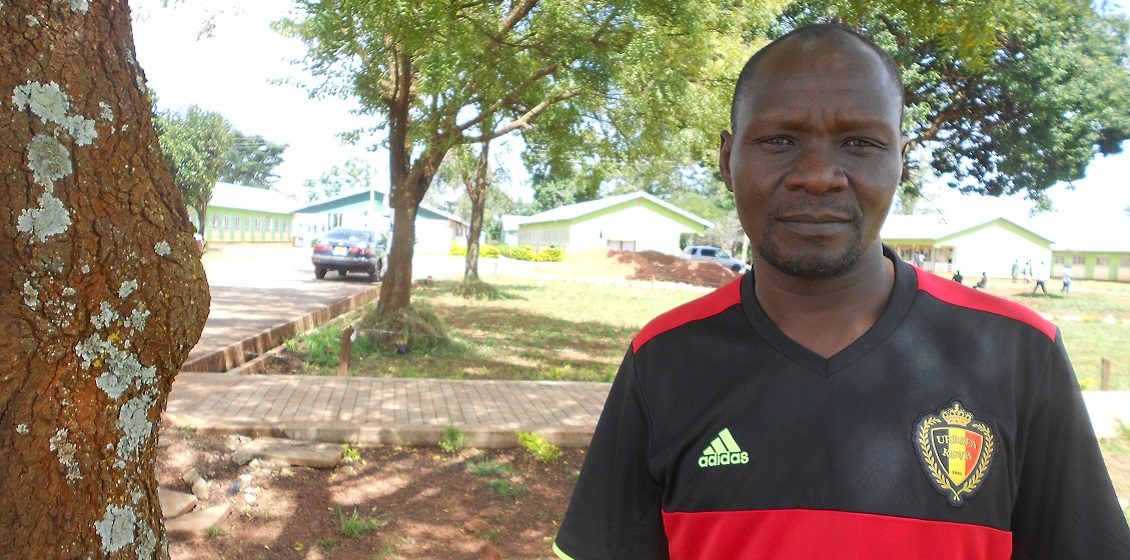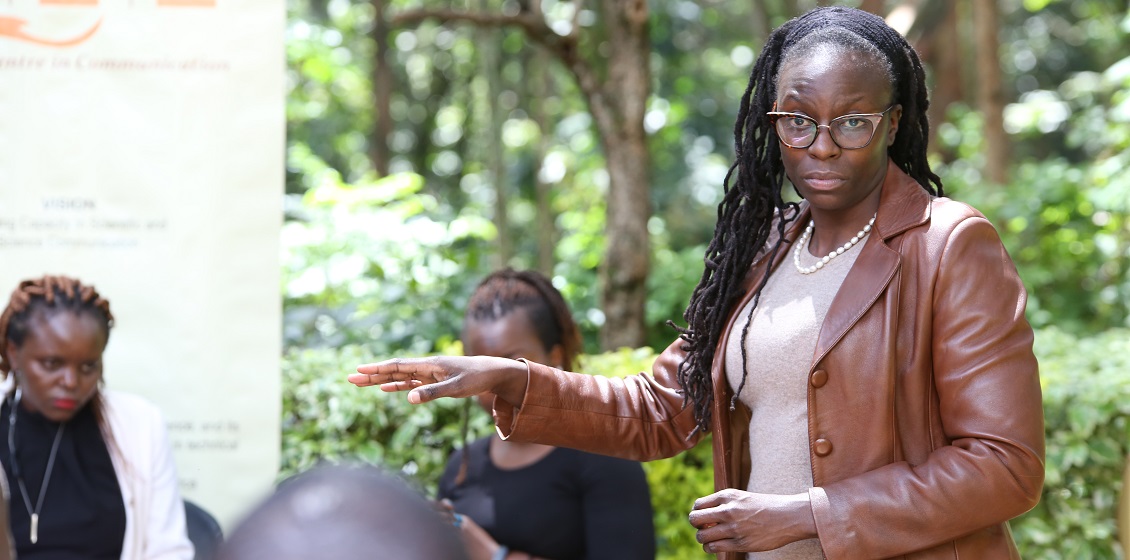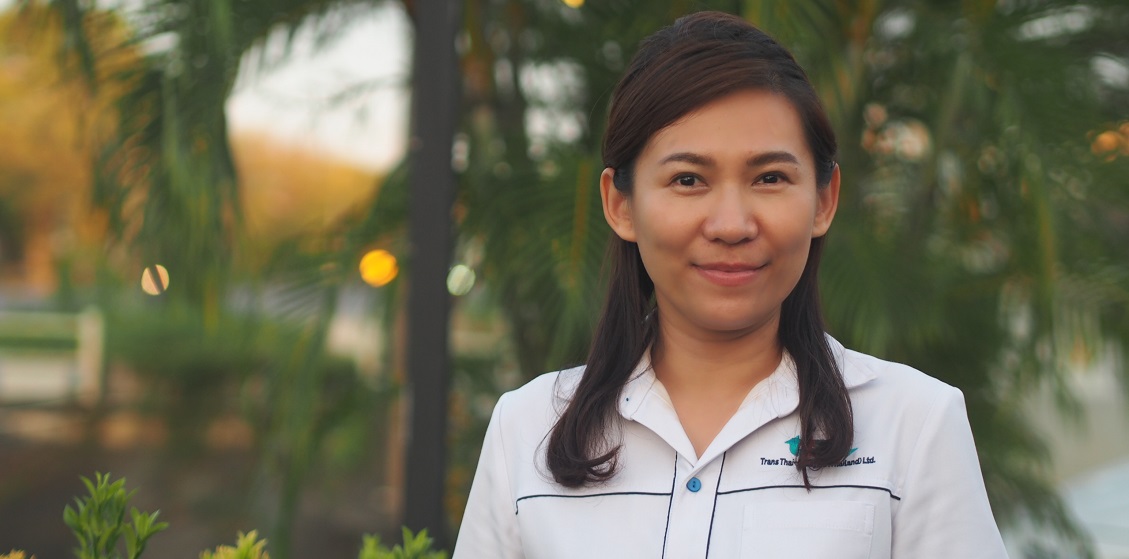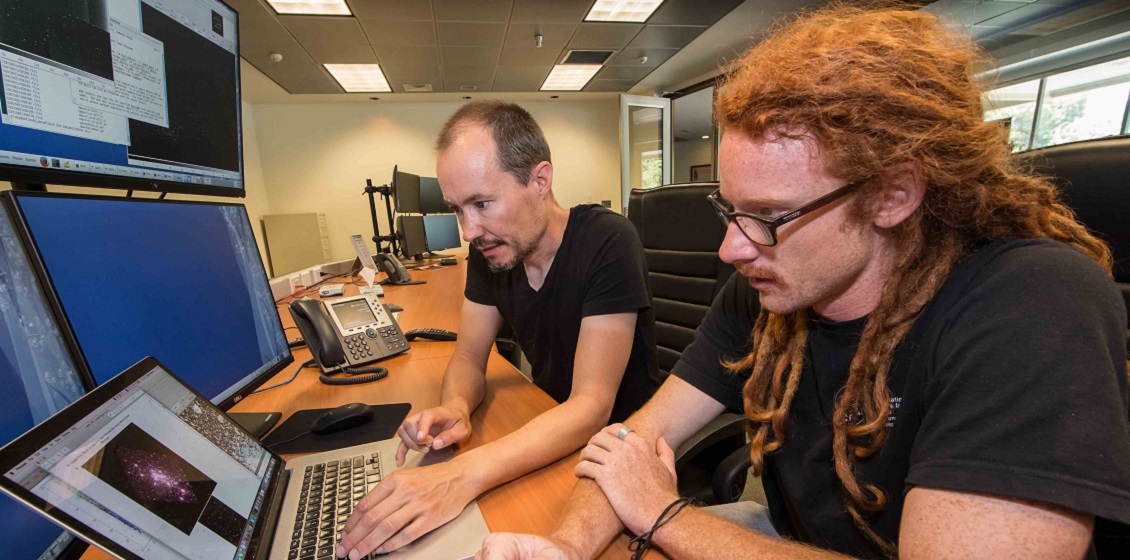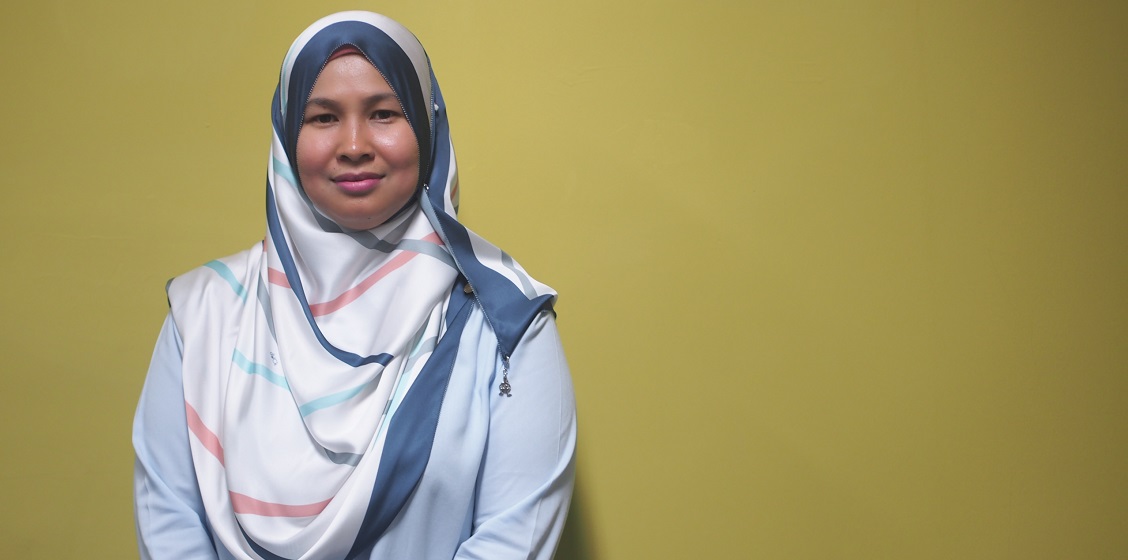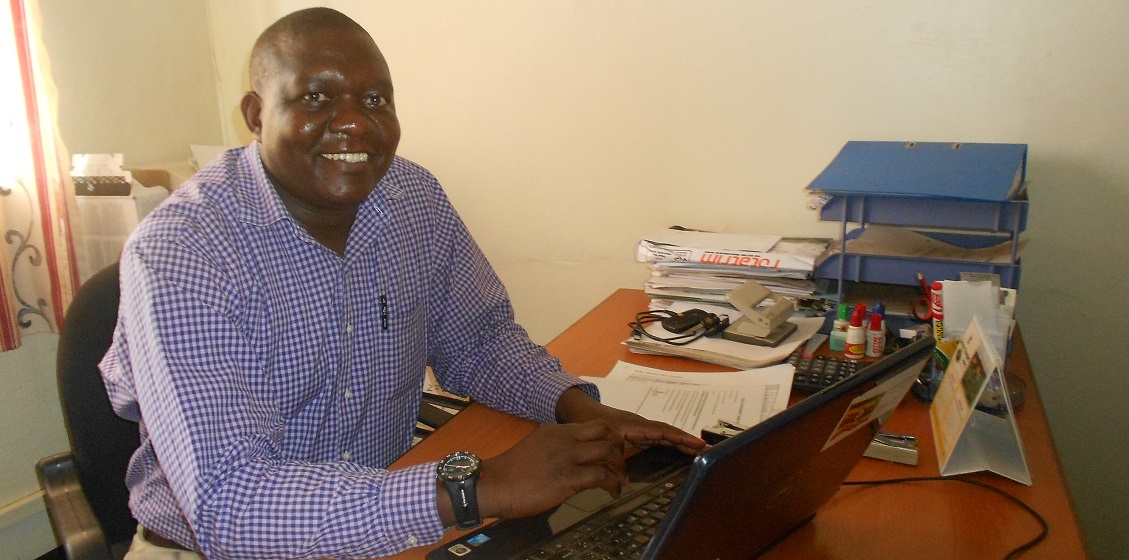Gulu: When a PhD Student Investigates the Relevance of a University to the Neighbouring Community
When Asaf Adebua in 2017 started to study for his PhD at Gulu University ‘The Contributions of Institutions of Higher Learning to Post-war Community Transformation: The Case of Gulu University in Gulu District’, he was investigating the relevance of his university to the community it targets to transform, going by the university’s motto, For Community Transformation.


